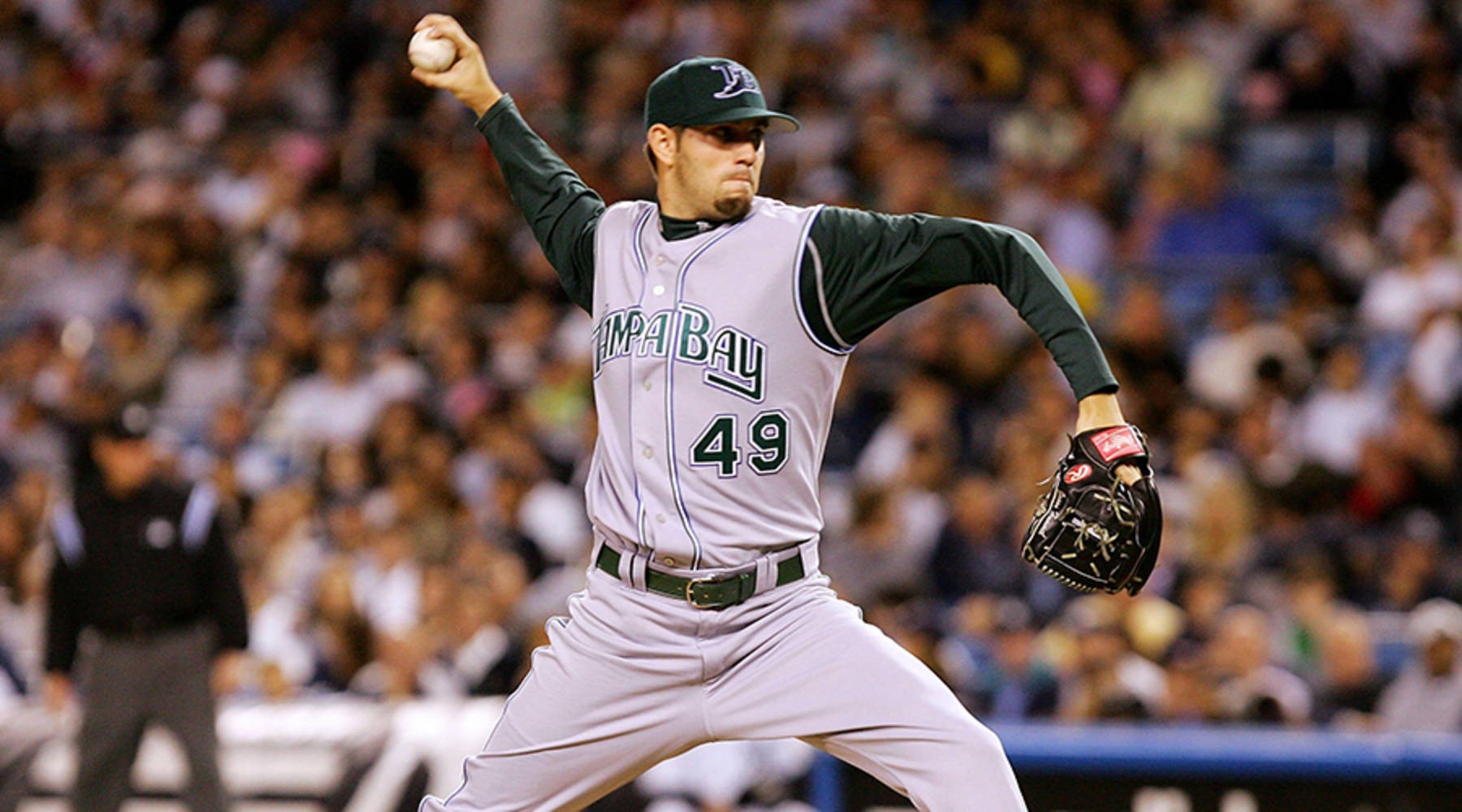Baseball games often start at odd times, like 7:05 p.m. or 8:03 p.m., instead of on the hour like many other sports. This quirk has puzzled fans for years, leading to the question: why the unusual start times?
Several factors contribute to this scheduling peculiarity, primarily related to television broadcasts, pre-game activities, and even historical sponsorship deals. Let’s delve into the reasons behind baseball’s unique approach to game times.
Television and the Bottom Line
A major influence on baseball’s off-the-hour start times is the structure of television broadcasting. Local and regional sports networks typically begin their programming on the hour. This allows for a pre-game show, complete with an opening segment, a commercial break, and then the first pitch.
“Local regional sports networks come on the air at the top or bottom of the hour, do an opening segment, take a commercial break, and come back for first pitch,” according to a Major League Baseball (MLB) spokesperson. “That usually takes a few minutes, so our game times factor in some of the realities of the television product.” A start time of 7:05 p.m., for example, allows the network to begin its broadcast at 7:00 p.m., maximizing advertising revenue and providing viewers with pre-game analysis.
Pre-Game Festivities and Coordinated Chaos
Beyond television scheduling, the traditional pre-game ceremonies in baseball also necessitate a buffer before the actual game begins. The national anthem, lineup announcements, and the often ceremonial first pitch all require time. This orchestrated series of events necessitates a delay between the listed start time and the first pitch.
These pre-game rituals are deeply ingrained in baseball culture, adding to the overall fan experience and creating a sense of anticipation for the game.
The History of Odd Start Times: Sponsors and Superstations
The history of baseball scheduling provides further insight into the evolution of odd start times. In the past, sponsorship deals directly influenced game times. For instance, the Chicago White Sox once started weeknight home games at 7:11 p.m. due to a promotional agreement with 7-Eleven.
The rise of cable television also played a crucial role. Media mogul Ted Turner, after acquiring the Atlanta Braves in 1976, began broadcasting games on his superstation WTBS at off-the-hour times like 7:05 p.m. or 7:35 p.m. This strategy differentiated his programming and provided lead-in time for pre-game shows, eventually influencing national broadcasts and solidifying the practice of off-the-hour start times.
Comparing Baseball to Other Sports
While baseball’s odd start times stand out, other sports leagues also employ similar strategies, though perhaps less overtly. The NFL, for instance, schedules some afternoon games off the hour. The NBA, while listing games on the hour, often tips off several minutes later to accommodate pre-game commercials and activities.
The difference lies in transparency. Baseball openly acknowledges the delay between the listed start time and the first pitch, whereas other leagues often mask this delay within their broadcast schedule.
Conclusion: A Confluence of Factors
Ultimately, baseball’s unusual start times are a result of the interplay between television broadcasting demands, pre-game traditions, historical sponsorship agreements, and the evolution of the sport itself. While seemingly quirky, these off-the-hour starts are a strategic decision designed to maximize revenue, accommodate pre-game activities, and maintain the unique rhythm of America’s pastime.

